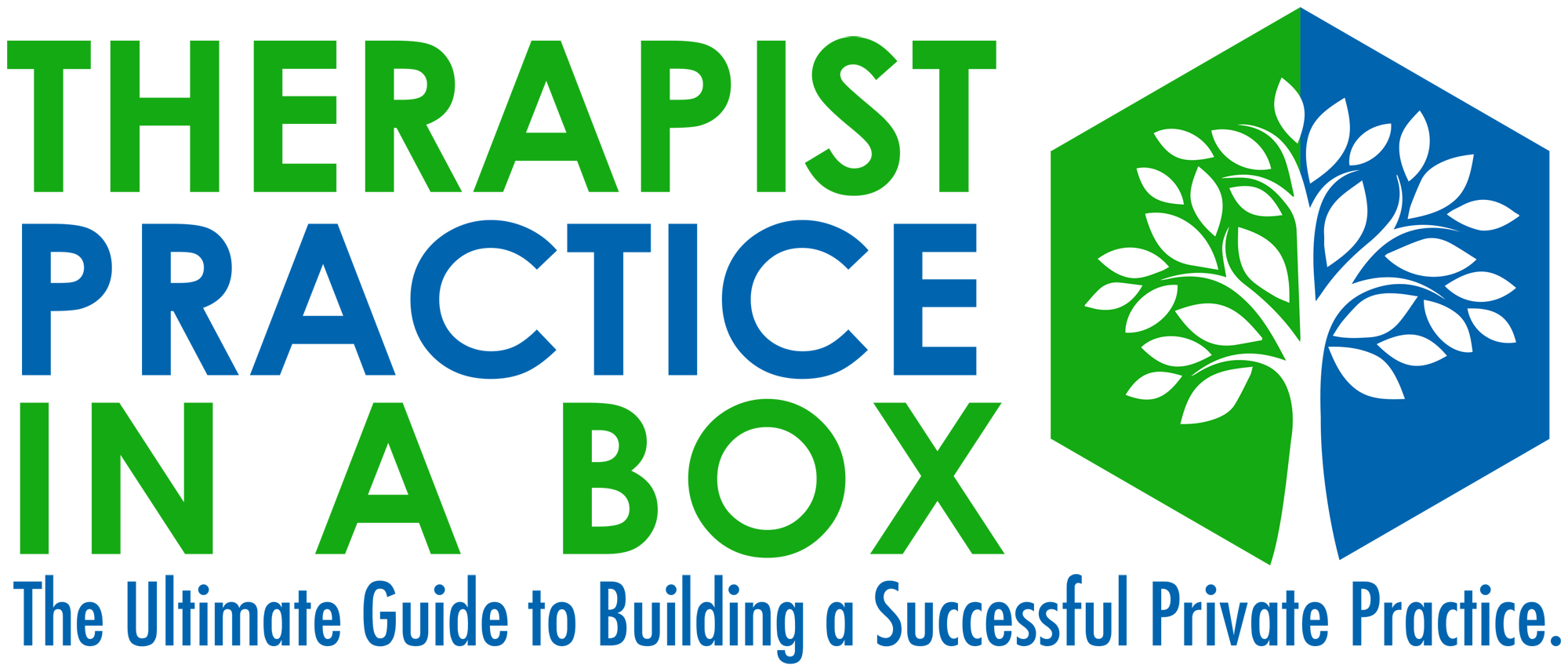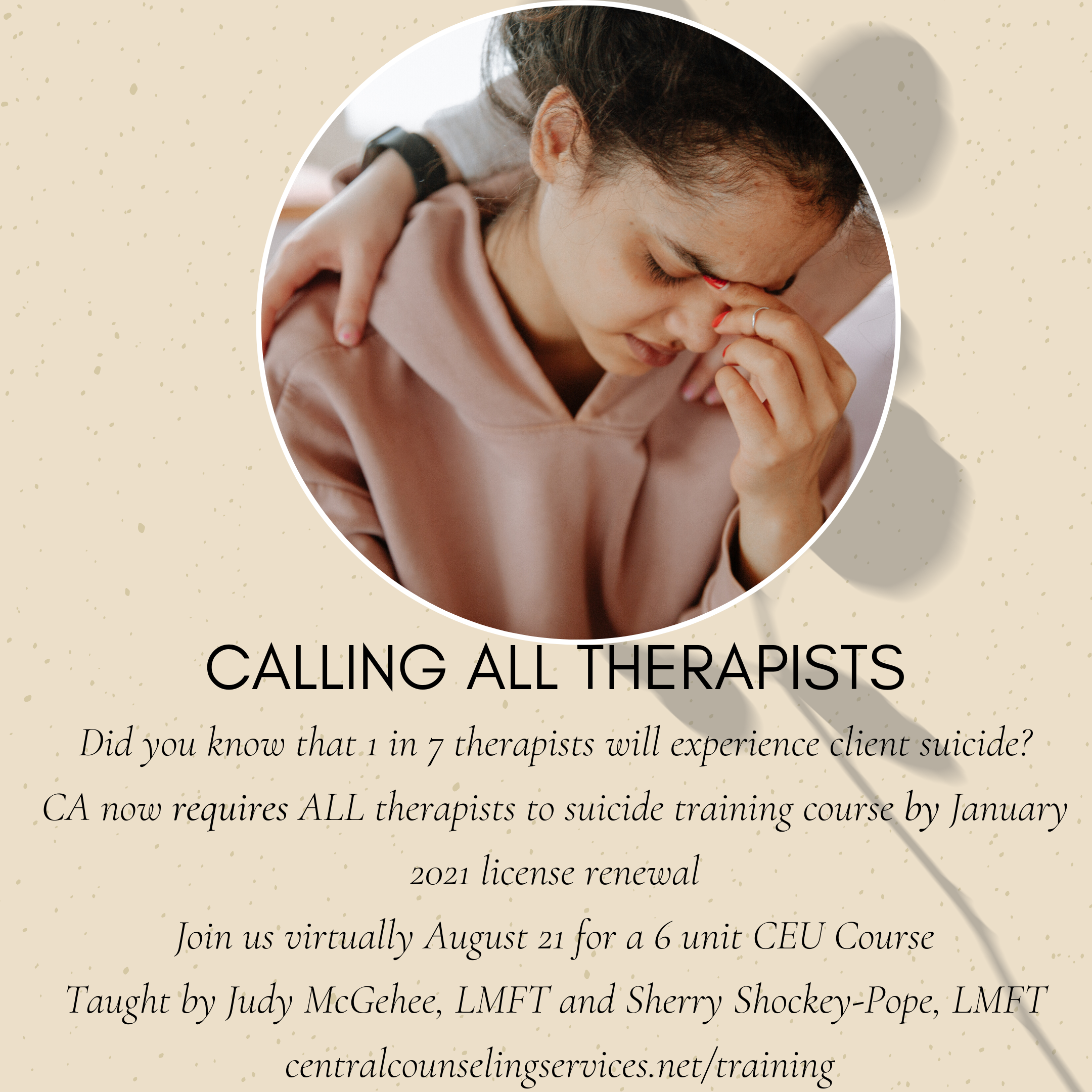The Psychiatric Times reported working with fragile clients or clients in the time of Covid-19, is an occupational hazard, where we know there is a possibility of patient suicide. Knowing this, will help us to prepare and anticipate the types of support we may need to weather the “event”.
Although, death by suicide and incidences of suicides are most common among active-duty and returning home soldiers, the LGBTQ+ population, and the elderly who are dying in the era of COVID-19. However, many other groups are at risk, such as health care workers. Certain professions such as: being a therapist, nurse, doctor, firefighter, or another first responder, increases an individual’s risk of this form of death. We are all aware of a “famous person’s” suicide but as therapists, we should be helping ourselves to create our own self-awareness and self- care.
We are at risk and need to take some steps to help ourselves if an “event” happens to our client on our watch.
According to Jane G. Tillman, PhD, there are common themes after a patient’s suicide; “Traumatic responses: dissociation, traumatic intrusion, avoidance, somatic symptoms participants (in her study) associated with the suicide and dreams/nightmares about the patient. Crying, sadness, anger, grief, and a fear of the consequences of a patient’s death by suicide. Clinicians would review and reconstruct their last session with the patient and review the patient thoughts of their family members. Relationships with their colleagues were one of the most complicated – “did I do enough?” “what are my colleagues thinking about me as a therapist?” “do I need my own personal psychotherapist and more time with a supervisor.”
Grandiosity, shame, humiliation, guilt judgment, and blame of self as a therapist were pronounced, in Dr. Tillman’s study.
Grandiosity, shame, humiliation, guilt judgment, and blame of self as a therapist were pronounced, in Dr. Tillman’s study.
Unfortunately, sometimes self-care still isn’t enough, in a case with an ER Doctor in New York recently, it appeared she did a great deal of “self-care”, time with family and friends, activities, etc. But she still died by suicide.
In conclusion, We need to be prepared in the event one of our current patients dies by suicide. By utilizing our own Psychotherapy techniques, having open discussions with colleagues, and practicing many areas of our own self-care. We can prepare for the possibility of such an event, where we will as Therapists can support ourselves and colleagues.
There are many Prevention of Suicide training we can take advantage of, including our own 6 CEU unit webinar August 21st, 2020 Hosted by Judy McGhee and Sherry Shockey-Pope! Click here to register today!
-Judy Mcghee
Judy McGehee, LMFT, has been a licensed Marriage and Family Therapist for the past twenty-five years. She began working with families in church settings, schools, and addiction treatment Centers. Judy loves working with clients and supervising associate therapists. She has a passion for teaching, and she has mentored over 500 interns/associates. Judy received her Master’s Degree from Phillips Graduate Institute. Judy has worked in many settings, including psychiatric hospitals, children’s centers, private practice, and schools. Currently, Judy is employed as a supervising therapist at Central Counseling Services.

